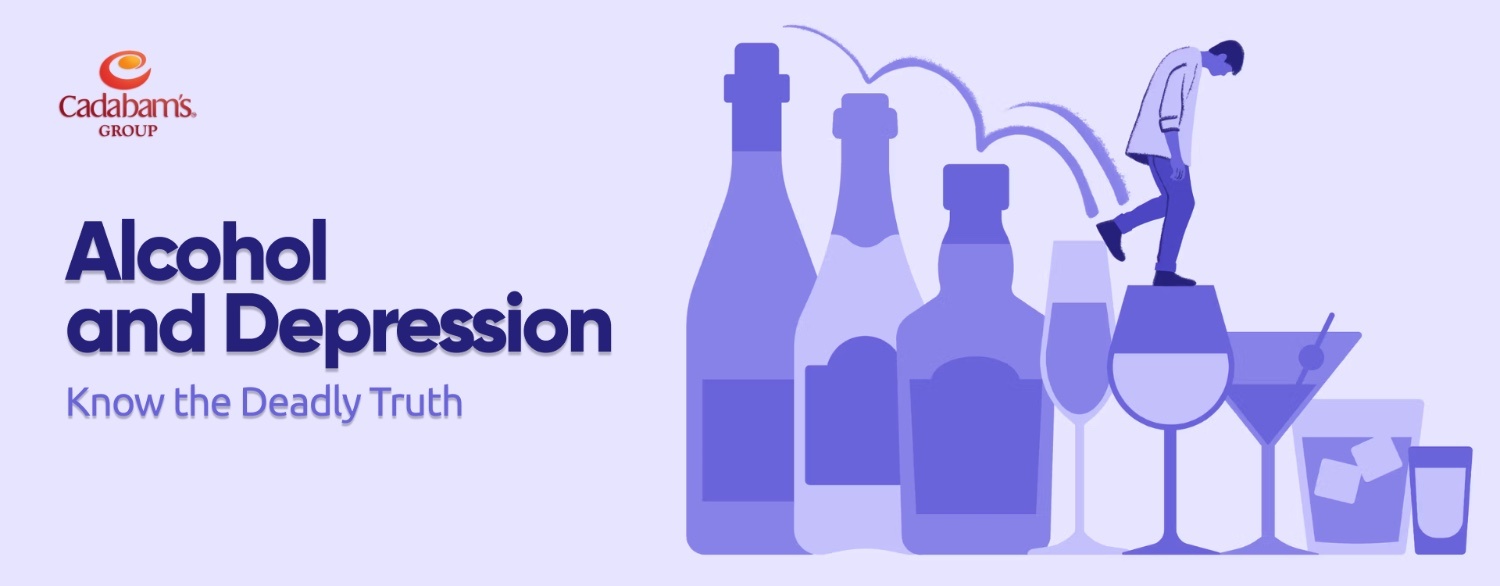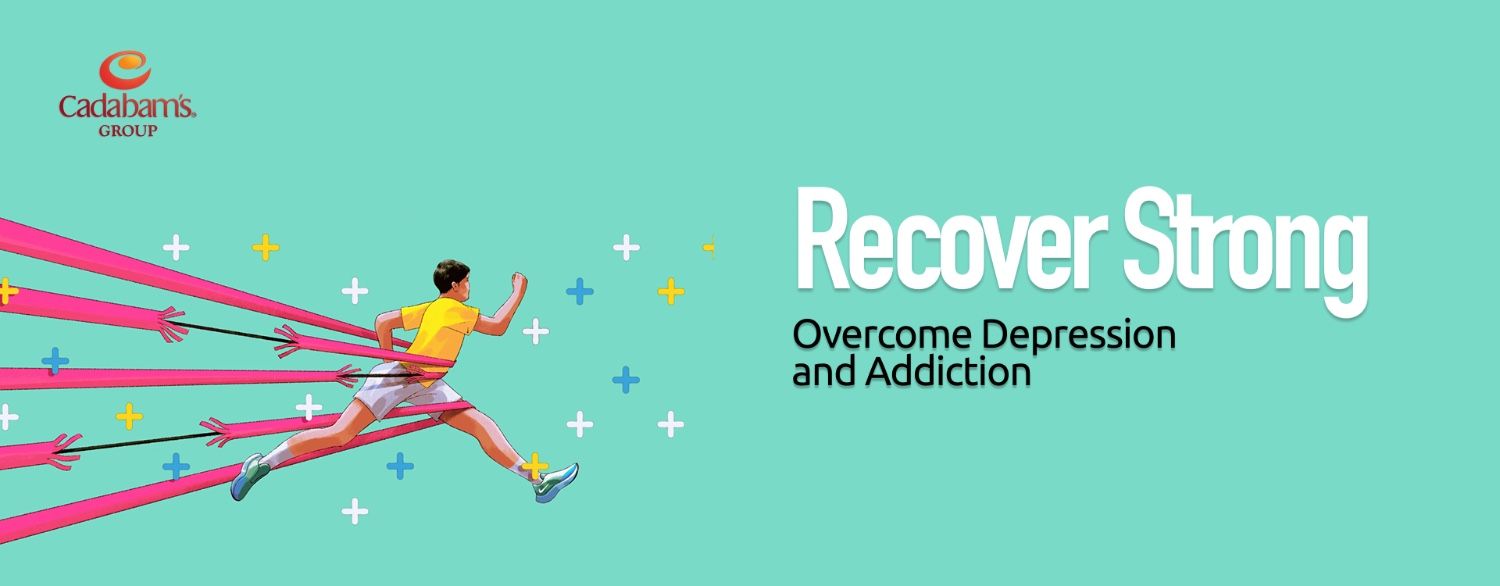Folie à Famille translated ‘a folly of family’, the term talks about a shared psychotic disorder among a group of family members as opposed to shared between two people (folie à deux). This is a rare condition because of which effective treatments have not been well-established.
However, last week we saw an incident in Delhi that very closely portrays the symptoms of this condition. In north Delhi, 11 members of the Burari family mysteriously stood on stools together and hanged themselves. The whole process was baffling because it was so ritualistic.
From interviews and evidence found in the home, it is believed that the Burari family’s youngest son developed hallucinations after the passing of his father in 2008 and developed delusions soon after. He believed that his late father spoke to him by possessing him and gave him instructions on how to build mental strength and achieve salvation which is the reason, over years, he might have planned a ritualistic hanging (kriya) believing that his father would come and save him just before he died. But how did one person’s beliefs influence an entire family into willingly commit suicide?
Presence of Psychotic Disorder
A shared psychotic disorder of the family tends to pass on delusional beliefs from the person suffering from the psychosis to individuals related to them by blood or marriage. It is most likely if these individuals have lived together for years, have an emotional connection with each other, and have been in social isolation.
Nothing is known of this family’s social lives as of now but it seems to be that similar beliefs ran in the entire family probably making them susceptible to take on the influenced son’s delusions. The son suffering from the hallucinations and delusions seems to have believed that his father, an army man, gave strict instructions for the family to follow in order to achieve salvation which happened over years as he recited the same to his religious family who deeply believed in superstitions.
Unusual Happenings in Psychotic Disorder
The Diagnostic and Statistical Manual (DSM) removed a shared psychotic disorder as a separate classification in its latest edition and included it in the spectrum of other schizophrenic and psychotic disorders. Both DSM and ICD (International Classification of Diseases) describe this condition as a partner or family members developing delusions similar to the ones that the primary individual with a psychotic disorder holds. Some of the ICD-10 diagnostic criteria explain the unusual happenings in this case which can be understood as follows:
- “Temporal or contextual evidence exists that indicates the delusion was induced in the passive members by contact with the active partner” – Here the active partner is believed to be the younger son who is believed to have spoken to the family through his late father and passed on the necessary instructions to them.
- “Unequivocal evidence that the partners share support, and accept each other’s delusions” – This is seen by the cooperation in carrying out the process as evidenced by any lack of struggle in the victims, cooperative collection of supplies for the act, sharing of stools to stand on, possibly helping each other being blindfolded, making preparations for the next morning’s breakfast, and having been seen having family time the previous night.
It is important to understand how fixated delusions are in the minds of believers as seen in this case where no one member, whether an adolescent, a middle-aged person or an elderly person, seemed to have opposed or objected to this idea or showed any signs of struggle at all.
People who suffer from delusional disorders rarely seek treatment as they genuinely do not see anything problematic in their beliefs and behavior. If identified soon enough, treatment can be provided by separating the family members and having individual therapy with medication such as antipsychotics in order to deal with the problem which possibly could have been done if this problem was recognized in the members of the Burari family and the shared suicide could have been prevented.
This brings to light what Dr. Nimesh Desai, the presiding psychiatrist over this case, said about the flaws in the new mental health bill where it allows people suffering from mental illnesses to “not seek treatment or refuse consent” which he understands the reasoning for but believes may be problematic in cases like these where no one will willingly accept treatment and end up in an unfortunate situation like this where 11 lives have been lost.
However, that is under heavy debate as mental health bills are designed to protect the right to consent for treatment for all individuals suffering from mental illness. Maybe this is something that needs more serious thought in order to make helpful and necessary changes in the mental health system of awareness and treatment in India.
.webp)







